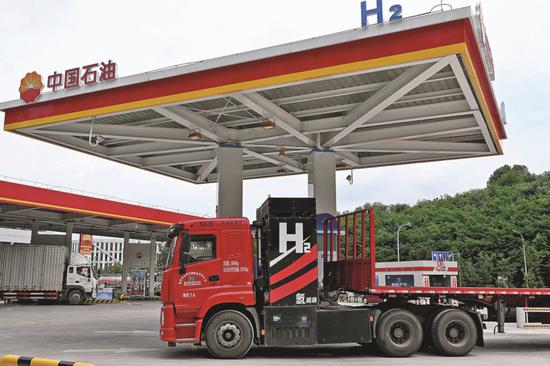
A hydrogen truck fills up at an H2 refueling station of CNPC at Chongqing International Logistics Hub Park in June. (SUN KAIFANG/FOR CHINA DAILY)
To support this rapid expansion, a robust hydrogen transportation network is in the works. By 2060, China aims to establish a system capable of transporting 30 million tons of hydrogen annually, approximately one-third of the nation's projected production.
This network is set to become a cornerstone of China's energy infrastructure, enabling seamless integration of hydrogen into the broader energy mix.
China Petroleum &Chemical Corp launched a project last year to channel hydrogen from Inner Mongolia to Beijing this year through a 400-kilometer hydrogen pipeline, the country's first trans-regional, long-distance channel.
This pipeline will be able to handle about 100,000 tons of hydrogen annually when its first phase is completed, and has the potential to increase capacity by 500,000 tons over the long run, it said.
The company estimates that China's hydrogen energy consumption is projected to reach nearly 86 million tons by 2060, with an industry scale of 4.6 trillion yuan.
Tangshan Haitai New Energy Technology, a unit of Chinese solar company Haitai Solar, is currently constructing a 737-km hydrogen pipeline, the world's longest, paving the way for future exports of renewable hydrogen.
The Zhangjiakou Kangbao-Caofeidian pipeline, named after its origin and destination points, is estimated to cost 6.1 billion yuan and is expected to be completed by June 2027.
The introduction of China's first energy law, which is to fully take effect on Jan 1, 2025 and fortify the legal framework within the energy sector, marks a turning point for the hydrogen industry, said Du Xiangwan, an academician at the Chinese Academy of Engineering, emphasizing the law's pivotal role in providing legal backing for hydrogen's planning, development and emergency reserves.
"The energy law has removed hydrogen from the regulatory framework of hazardous chemicals, addressing a long-standing bottleneck," Du said.
The energy law explicitly prioritizes the orderly advancement of hydrogen energy, signaling strong government commitment to the sector.
"It offers clarity and confidence for industry stakeholders, while laying the foundation for high-quality development," Du added.
BloombergNEF predicts that China will emerge as a key market for hydrogen, with hydrogen fuel cell vehicles set for significant growth as the country pursues its dual carbon goals, reaching peak carbon emissions before 2030 and achieving carbon neutrality before 2060.
China, along with Europe and the United States, are expected to account for more than 80 percent of global clean hydrogen supply by the end of the decade, driven by favorable policies and a robust pipeline of advanced projects, it said.








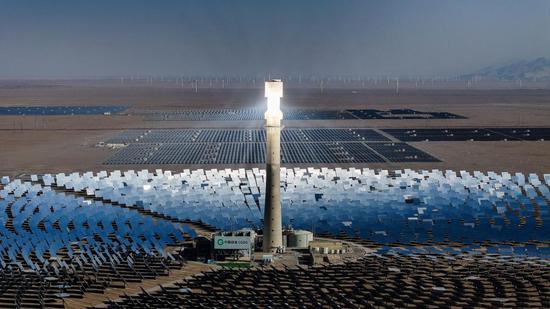






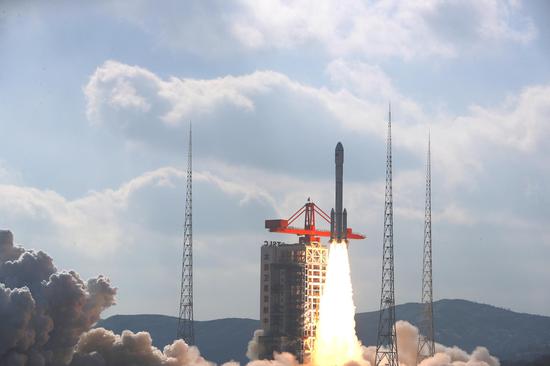



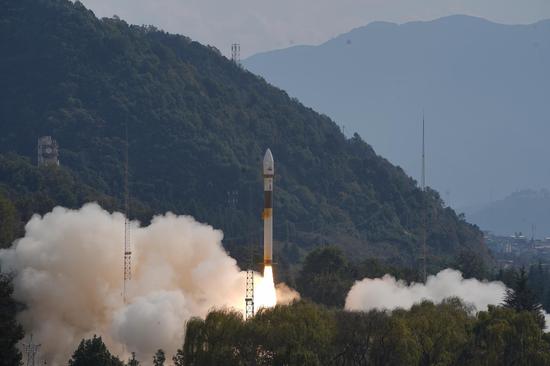

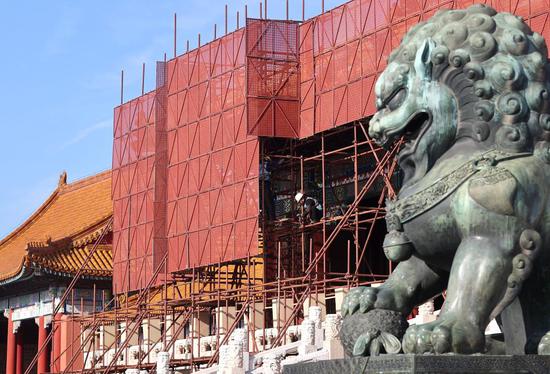


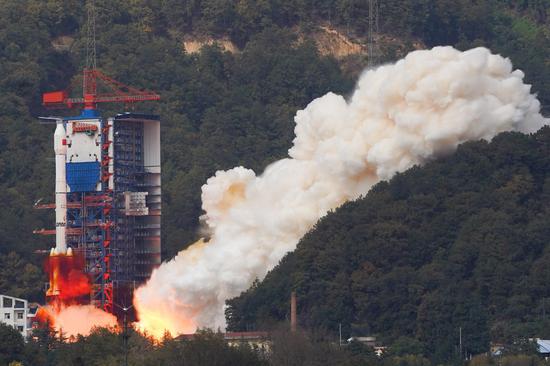
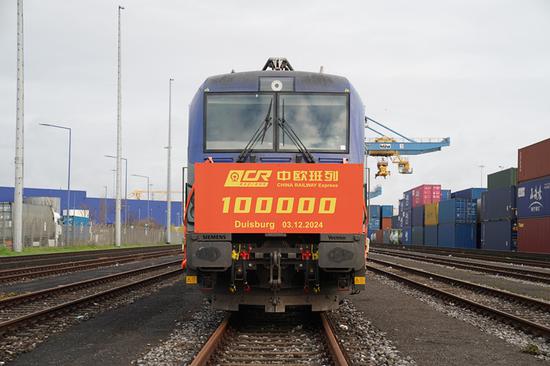






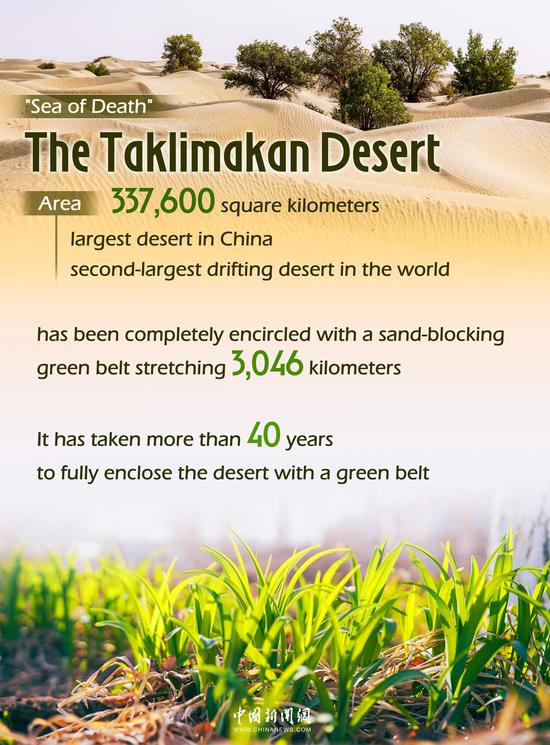



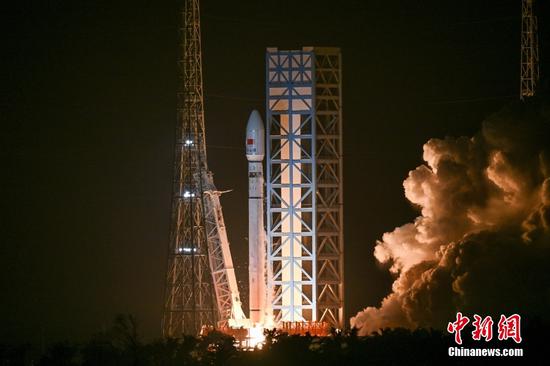


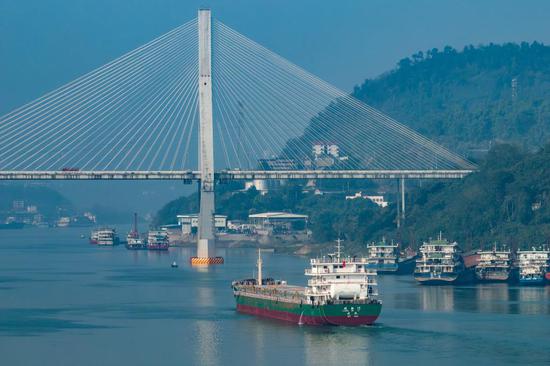
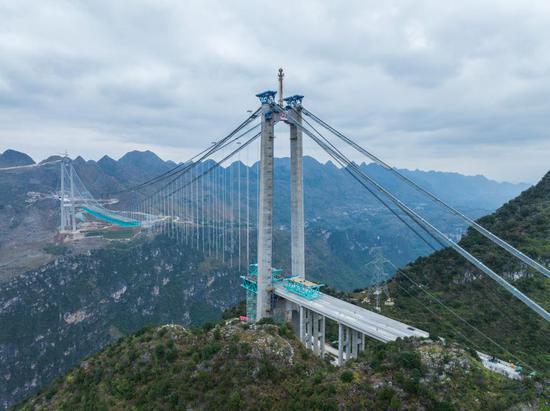

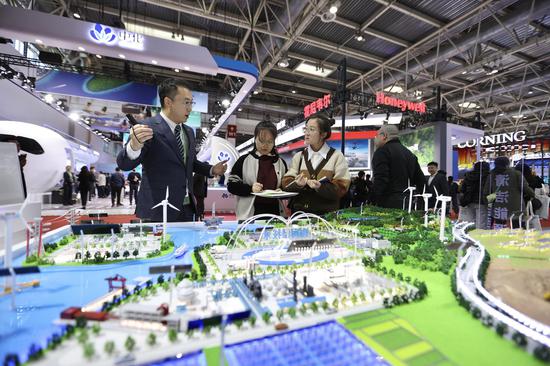
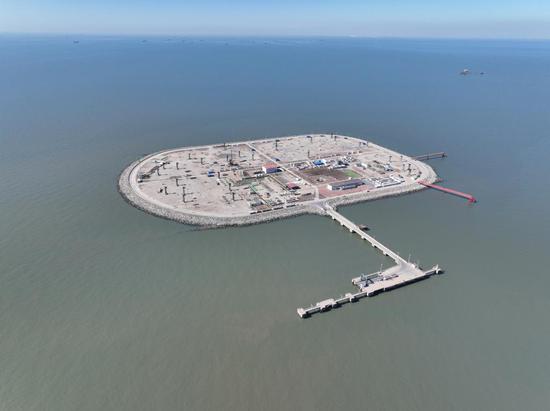






 京公网安备 11010202009201号
京公网安备 11010202009201号